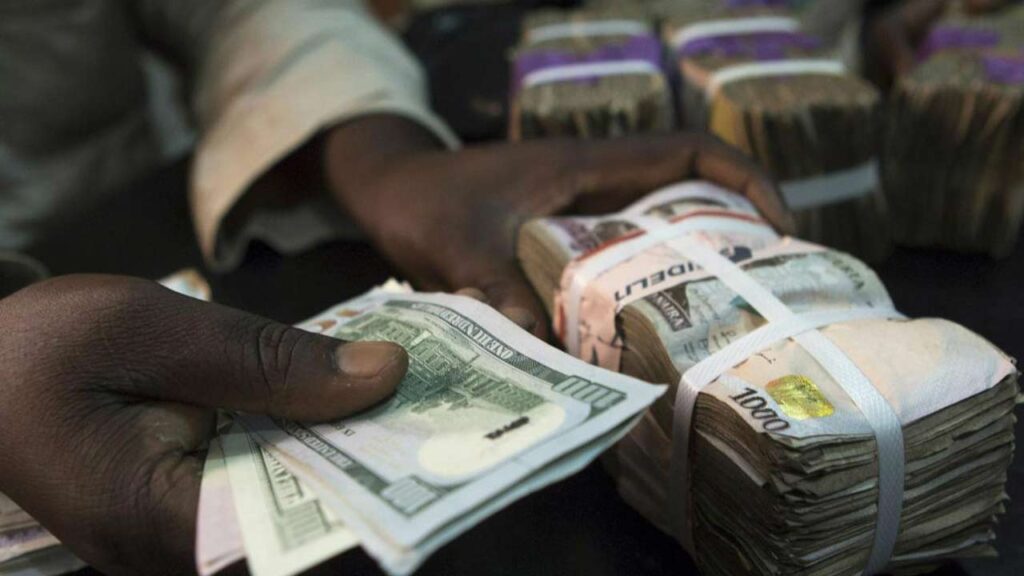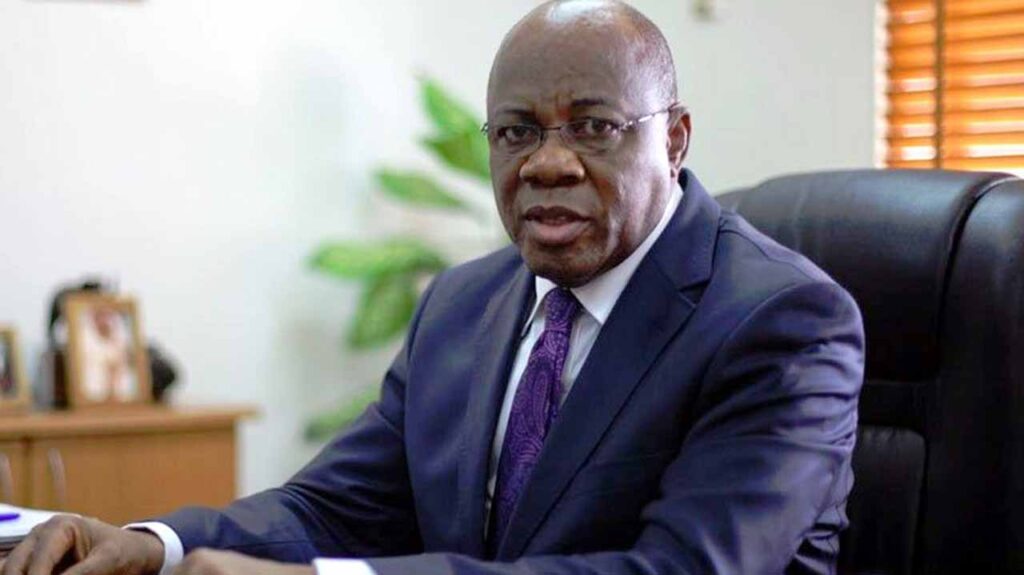
Oye, in a statement, expressed worry over the impact of the currency depreciation on import costs and inflation, reiterating the need for the government to stabilise the naira by potentially pegging and defending it.
According to him, “the significant depreciation of the naira, now at N1,500 to the dollar, poses multiple challenges for Nigeria. The weakening currency increases import costs, affecting prices of everything from food to electronics, thereby fueling inflation and reducing the purchasing power of Nigerians, especially those on fixed incomes. Higher import costs also escalate production expenses in sectors reliant on foreign materials, impacting overall business operations.
“Government and business foreign debt servicing costs rise as more Naira is needed per dollar, straining financial resources and potentially reducing public service funding. While a weaker Naira might attract foreign investment by making assets cheaper, it could also deter investors seeking stability.”
He further stated, “On a positive note, a devalued Naira enhances the competitiveness of non-oil exports like agriculture and manufacturing on the global market. However, this benefit is contingent on the country’s ability to efficiently increase production.
“Domestically, the economic uncertainty discourages consumer spending and confidence. For households receiving foreign remittances, the value of received funds increases, offering some relief. Conversely, expenses for foreign travel and education escalate, impacting affordability.”
The NACCIMA President advised, “Given these complexities, it is crucial for the government to stabilize the Naira by potentially pegging and defending it, rather than leaving it to market forces, a strategy even economically stronger nations like Qatar and Saudi Arabia employ.”












